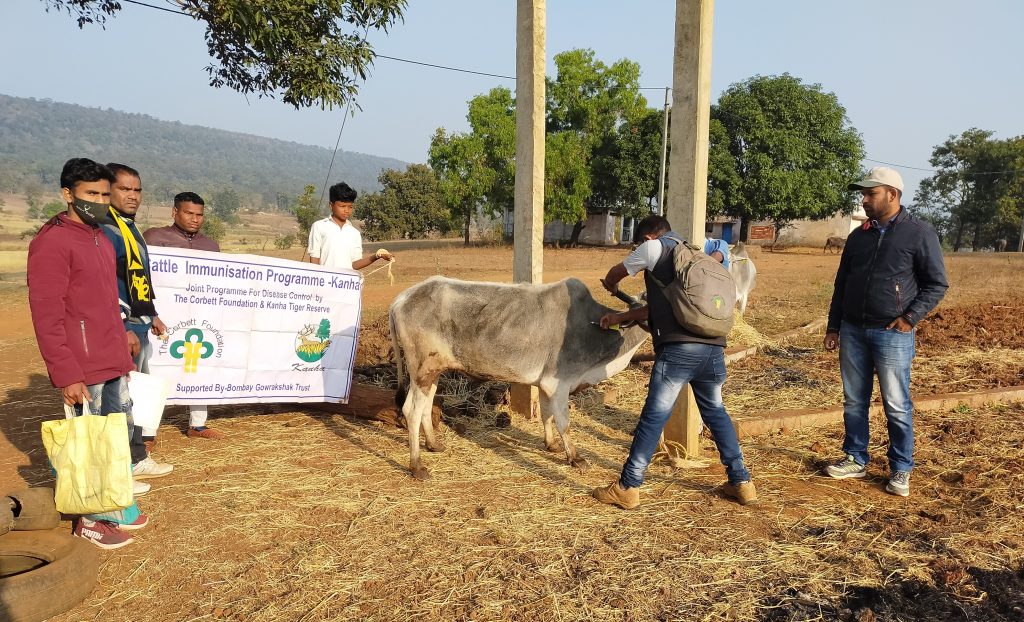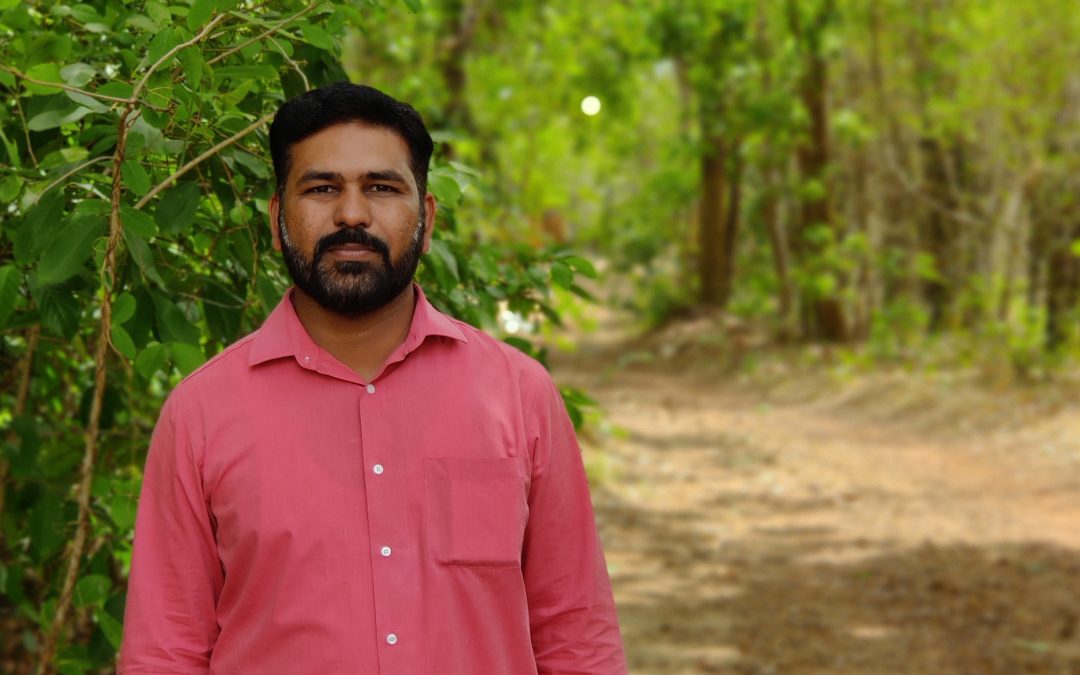From delivering primary healthcare to local communities around Kanha Tiger Reserve, to helping them adopt stall feeding for their cattle to protect forests, Dr. Pathak helps the TCF team execute various initiatives. He works as a Senior Programme officer, Medical and he speaks to us about his journey and work.
- Tell us more about yourself and what got you interested in working for the environment
I have been associated with TCF for more than six years. As a Doctor, I felt that TCF is conducting initiatives where they actually needed. As existing primary healthcare centers are often situated far away from many villages situated around tiger reserves, TCF’s medical initiatives are very important. Also, one feels very content when helping communities that really need such medical support.
Moreover, our medical initiatives also help deliver conservation messages about forest protection and help us advise them against venturing into dense forests to avoid skin diseases that are rampant in this region.
- How does a typical day unfold for you? Tell us a bit about your daily tasks and conservation work.
My work involves helping the TCF team deliver primary healthcare, conservation messages and programmes like stall feeding to local communities living around our base in Kanha Tiger Reserve. During our daily work, the situations and challenges that the health sector faces rural areas around tiger reserves is much more as compared to urban areas. For example, if we have snake bite cases, we have to refer patients and guide them to go to particular hospitals where antivenom is available as soon as possible.
When it comes to delivering conservation messages, the community often has many questions that we try to answer and resolve. We try to communicate the benefits of the conservation initiatives to them in the best possible way.

- What do you love about your current job?
The biggest positive for me is that I am able to interact with and treat vulnerable patients. Some urban healthcare providers are known to prescribe unnecessary treatments and medicines. Whereas, we work in challenging conditions but do our best with whatever setup and equipment we have access to.
- Could you share a key learning or experience from the field ?
One key learning for me personally is that it is important to communicate the value and importance of the initiatives or facilities being provided to the communities. Initiatives should not come across as freebies. If we can communicate this effectively, the community be able to utilize the facility or benefit being provided to them in a much better manner.
- Have you experienced a positive change regarding conservation in your area ?
Based on my 6 years of experience of working in this region, the livelihood and skill development initiatives that TCF and other NGOs have undertaken are helping to reduce the forest dependence of the community slowly. This is because the individuals who we have skilled, realize that they were earlier barely sustaining themselves by depending only on forest produce. Now many of them are them have been skilled in sustainable livelihoods such as sewing, motor mechanics, and beautician skills are doing much better for themselves and have also been involving other community members in their non-forest dependent livelihoods. Moreover, many farmers from the community have moved to more productive agriculture techniques. So yes, we do see some change.

